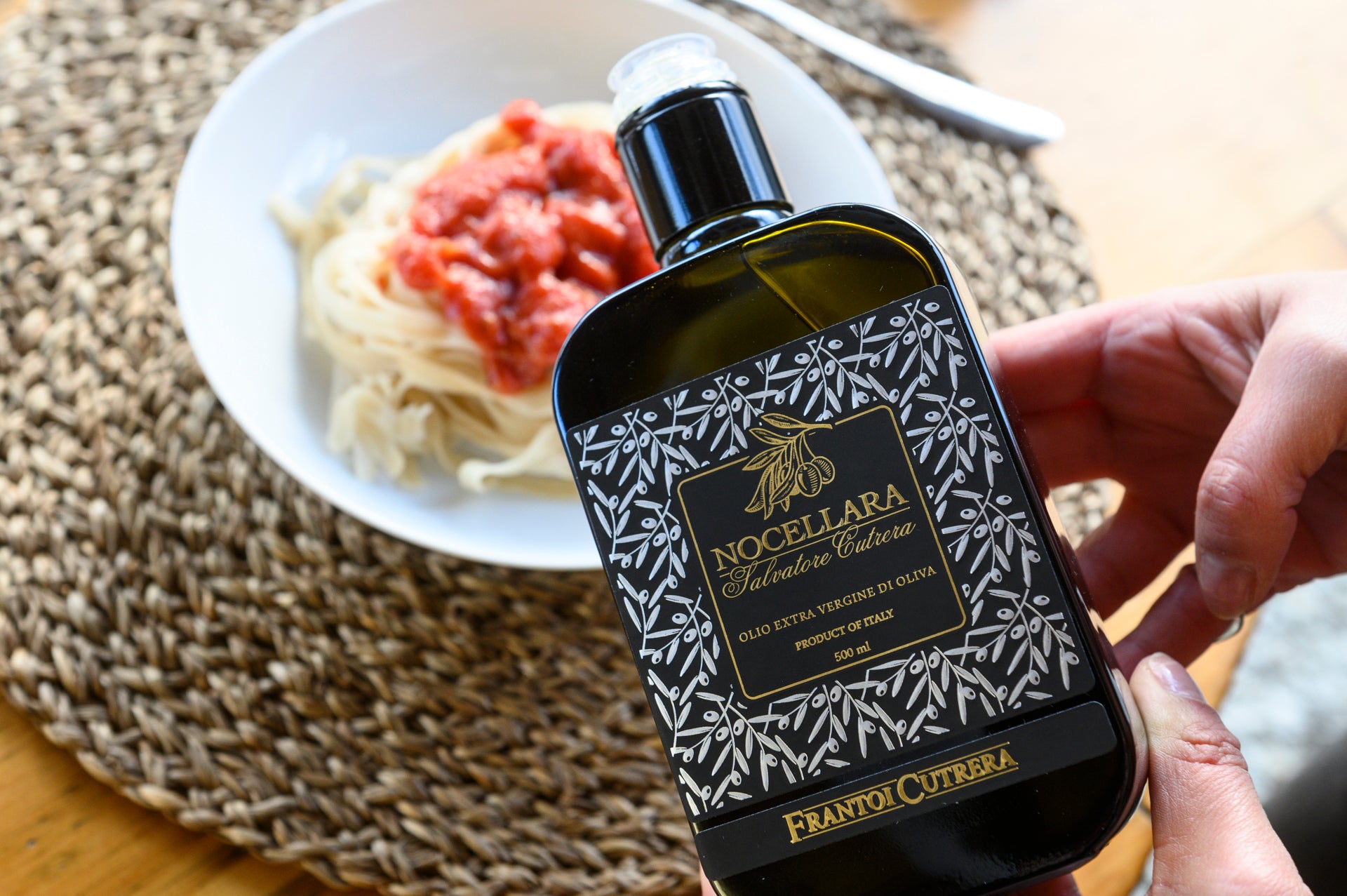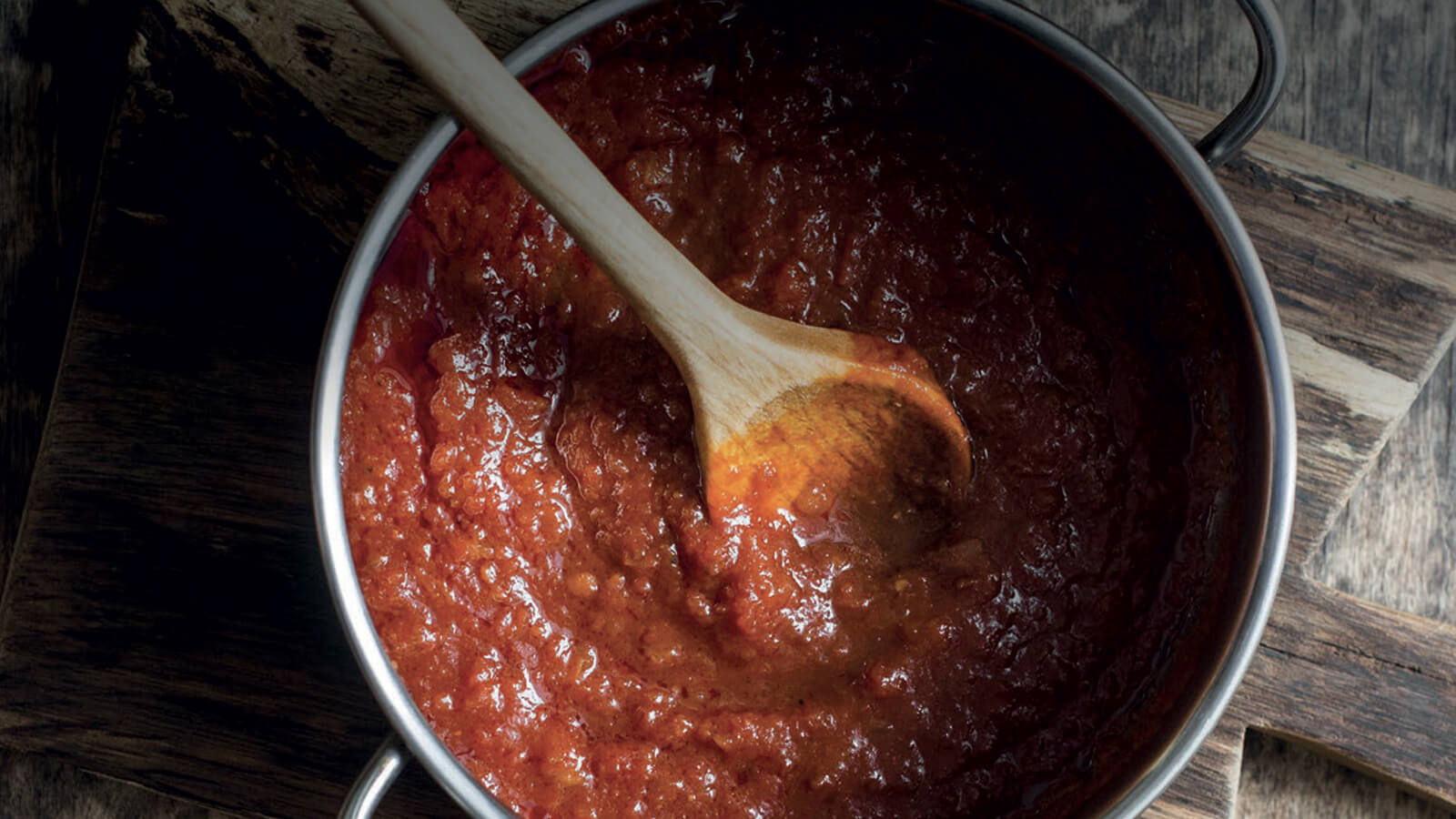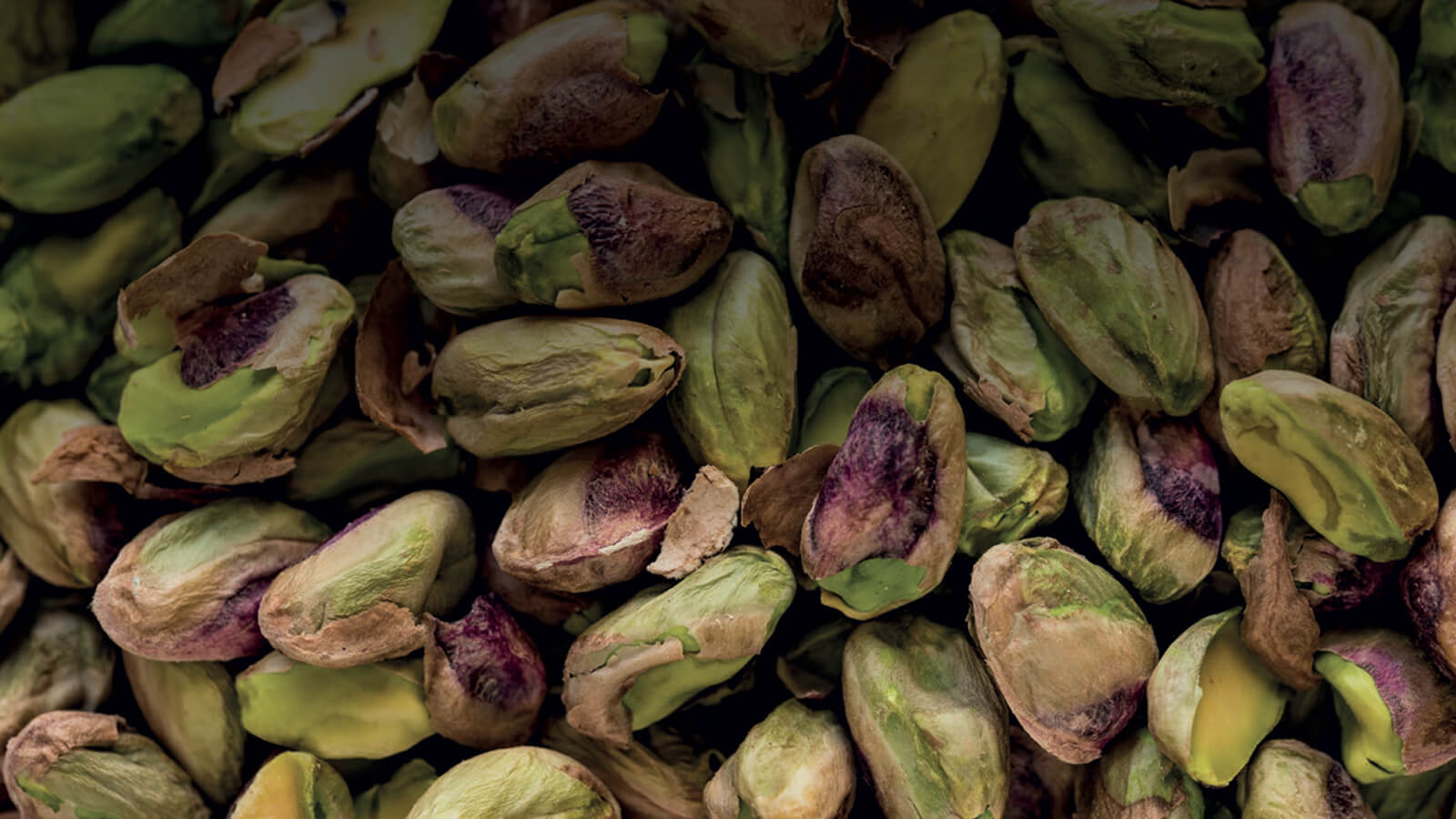
Olive Oil: Health Benefits
Introduction to olive oil
Olive oil is a food rich in history and tradition, appreciated not only for its unique flavor, but also for its numerous health benefits. In this article we will explore together the many virtues of this precious ingredient.
Olive oil is obtained by pressing olives, the fruit of the olive tree, and has been appreciated since ancient times for its beneficial properties. Rich in monounsaturated fats, especially oleic acid, it is considered one of the healthiest oils for our diet.
Thanks to the presence of antioxidant substances such as vitamin E and polyphenols, olive oil is able to counteract the harmful action of free radicals, helping to prevent cellular aging and numerous pathologies.
The health benefits of olive oil include :
- Reduced risk of cardiovascular disease
- Improvement of blood cholesterol levels
- Anti-inflammatory and protective effects on the nervous system
- Beneficial action on skin health and general well-being
- Potential role in the prevention of some forms of cancer
Furthermore, olive oil is a fundamental component of the Mediterranean diet, unanimously recognized as one of the healthiest in the world. Its versatility in the kitchen makes it a precious ally to enrich our daily dishes with taste and beneficial properties.
So, let's get ready to discover together all the secrets and benefits that olive oil can offer to our daily health and well-being.
Nutritional composition of olive oil
Olive oil is rich in nutrients beneficial to our health. Here is its nutritional composition:
- Monounsaturated fatty acids: olive oil is particularly rich in monounsaturated fatty acids, such as oleic acid, known for its beneficial effects on heart and cardiovascular health.
- Antioxidants: contains vitamin E, polyphenols and other compounds that act as powerful antioxidants, helping to fight oxidative stress and cellular aging.
- Phytoesterols: Found in olive oil, phytoesterols are compounds that can help reduce blood cholesterol, thus helping to protect heart health.
- Anti-inflammatory substances: Thanks to the presence of polyphenols, olive oil can help reduce inflammation in the body, playing a protective role against chronic diseases.
The wide range of beneficial substances contained in olive oil makes it an essential food for a balanced diet and for our overall health.
Benefits for heart health
There are several benefits of olive oil for heart health that we should take into consideration:
- Reduces the risk of heart disease thanks to the antioxidants present in extra virgin olive oil.
- It helps reduce bad cholesterol in the blood, known as LDL cholesterol, thus protecting our heart.
- It helps regulate blood pressure, an important factor in preventing heart disease.
- The presence of monounsaturated fats in olive oil can help improve vascular health.
Remember that olive oil is one of the key foods of the Mediterranean diet, which is renowned for its benefits on heart health. Integrating olive oil into our daily diet can therefore be a smart choice to take care of our heart health.
Role in cancer prevention
The consumption of olive oil plays a fundamental role in the prevention of cancer. The antioxidant and anti-inflammatory properties of olive oil can help reduce the risk of developing several types of cancers. Oleuropein, a component of olive oil, has demonstrated potential anti-cancer effects, capable of inhibiting the growth of tumor cells and promoting programmed cell death.
Additionally, extra virgin olive oil is rich in polyphenols, which are natural compounds known for their anticancer properties. These compounds help protect cells from damage caused by free radicals and reduce inflammation that can contribute to the development of cancer.
A study conducted on a Mediterranean population highlighted that a diet rich in olive oil and low in saturated fat may be associated with a lower risk of developing some types of cancer, including breast cancer and colorectal cancer.
Furthermore, olive oil can help combat obesity, a risk factor for several types of cancer. Its regular consumption can promote weight loss and help maintain a healthy body weight, thus reducing the risk of developing certain forms of cancer associated with obesity.
Finally, olive oil is an integral part of the Mediterranean diet, known for its many health benefits, including reducing the risk of cancer. Incorporating olive oil into our daily diet can therefore significantly contribute to protecting our body against this disease.
Positive effects on the digestive system
Olive oil has numerous positive effects on the digestive system that can contribute to our overall well-being. Here are some ways that consuming olive oil can positively influence the health of our digestive system:
-
Facilitates digestion : Olive oil facilitates digestion by stimulating the secretion of bile by the gallbladder, which aids the digestive process.
-
Protects the gastric mucosa : Thanks to its anti-inflammatory properties, olive oil can help protect the gastric mucosa, reducing the risk of inflammation and ulcers.
-
Regulates intestinal function : Olive oil plays an important role in maintaining the balance of intestinal flora, promoting the growth of beneficial bacteria and reducing inflammation in the intestine.
-
Fights constipation : The laxative properties of olive oil can help fight constipation and promote regular intestinal function.
-
Reduces the risk of digestive diseases : The antioxidants present in olive oil can help reduce the risk of digestive diseases, such as colorectal cancer.
Ultimately, olive oil is a healthy choice that can bring tangible benefits to our digestive system, improving our overall health.
Antioxidant properties
The antioxidant properties of olive oil are fundamental for our health.
-
Reduction of oxidative stress : The antioxidants present in olive oil counteract free radicals in our body, preventing cellular damage and protecting against inflammatory processes.
-
Benefits for the skin : Thanks to its antioxidant properties, olive oil can help keep the skin soft and elastic, counteracting premature aging and protecting it from harmful external agents.
-
Cardioprotection : Regular intake of olive oil, thanks to the antioxidants present, can help reduce the risk of cardiovascular diseases, protecting the heart and arteries.
-
Anti-inflammatory effect : The antioxidants contained in olive oil can help reduce inflammation in the body, helping to prevent pathologies linked to chronic inflammatory processes.
Including olive oil in our daily diet can provide our body with a valuable source of antioxidants, helping to improve our overall health.
Incorporate olive oil into your daily diet
We usually use olive oil mainly in cooking, but do we really know all the benefits it can bring to our health? This is why we should consider olive oil a precious ally for the general well-being of our body.
-
Source of Healthy Fats : Olive oil is rich in monounsaturated fats, which are known to be beneficial for the heart and overall health.
-
Rich in antioxidants : The antioxidants found in olive oil can help fight oxidative stress in our body, reducing the risk of chronic diseases.
-
Anti-inflammatory properties : Thanks to its polyphenol content, olive oil has been shown to have anti-inflammatory properties, useful in fighting inflammation in our body.
-
Beneficial for heart health : Regularly consuming olive oil can help improve cholesterol levels and reduce the risk of cardiovascular disease.
-
Aids the absorption of nutrients : Olive oil is important for the optimal absorption of fat-soluble nutrients, such as vitamins A, D, E and K.
So, incorporating olive oil into our daily diet can bring numerous benefits to our overall health. Let's try replacing other sources of fat with this precious food and notice the differences in our overall well-being.
Choice of high quality olive oil
To ensure maximum benefits for our health, it is important to be careful when choosing a high quality olive oil. Here are some tips on how to select a high-quality olive oil:
-
Production label :
- We choose an olive oil that clearly reports the origin and production method. We look for the indication "extra virgin olive oil" to ensure the highest quality.
-
Color and transparency :
- A good extra virgin olive oil should have an intense green color and some cloudiness, indicating that it has not been filtered or refined and thus keeping its beneficial properties intact.
-
Smell and taste :
- High-quality olive oil should have a fruity aroma and a slightly spicy, bitter flavor. These characteristics indicate the presence of antioxidants beneficial to health.
-
Packaging :
- We prefer olive oils packaged in dark bottles or cans that protect the product from light, helping to keep its beneficial properties intact.
-
Quality certifications :
- We look for olive oils with recognized quality certifications, such as DOP (Protected Designation of Origin) or IGP (Protected Geographical Indication), which guarantee the authenticity and provenance of the product.
Paying attention to these aspects will help us choose a high quality olive oil that brings numerous benefits to our health.
Contraindications and precautions in the use of olive oil
When it comes to olive oil, it is important to take into account some contraindications and precautions for safe and effective consumption. The following guidelines can help us maximize health benefits and avoid potential risks:
-
Food Allergies : Although rarely reported, some people may be allergic to olive oil, so it is advisable to exercise caution and monitor for any adverse reactions after consumption.
-
Drug interactions : For those taking anticoagulant drugs or other specific drugs, it is advisable to consult a doctor before increasing the consumption of olive oil, as they could interact with the drugs and influence their effectiveness.
-
Correct storage : To keep olive oil fresh and rich in antioxidants, it is essential to store it away from light and heat and use it within the expiry date to ensure maximum quality.
Taking the necessary precautions when using olive oil can contribute to safe and beneficial consumption for your health. Always consult a healthcare professional for further information and personalized advice.
Final conclusions and recommendations
In conclusion, olive oils are a mainstay of the Mediterranean diet and offer a wide range of health benefits. We've looked at how olive oil can reduce the risk of heart disease, lower blood pressure, improve brain health, and even aid in weight loss. The presence of antioxidants and healthy fats makes it a valuable addition to our daily diet.
Here are some final recommendations for maximizing the benefits of olive oil:
- Choose high-quality extra virgin olive oil : Opt for high-quality extra virgin oils to maximize health benefits.
- Use olive oil creatively : In addition to dressing salads, try using it for cooking, marinating and even making desserts.
- Store olive oil properly : Keep it away from direct light and heat to avoid rancidity.
- Include olive oil in your daily diet : We try to replace other sources of less healthy fats with olive oil to maximize the health benefits.
Remember that olive oil is a precious ally for our general health and well-being. Integrate it into your diet in a creative way and enjoy all its wonderful benefits.
If you are looking for a very high quality olive oil, you can find different types in our online shop . Come and visit us to discover them all!
Share




































